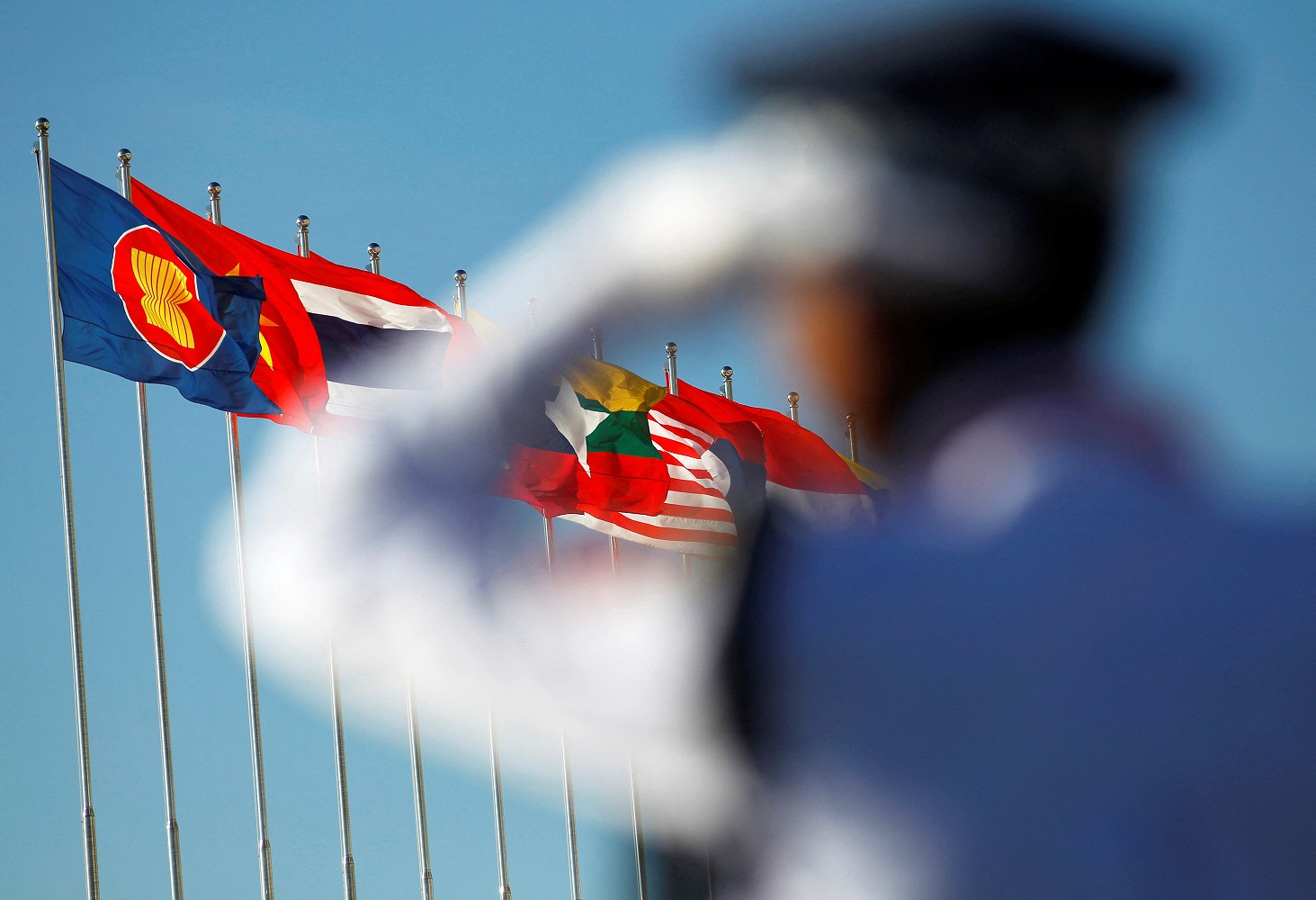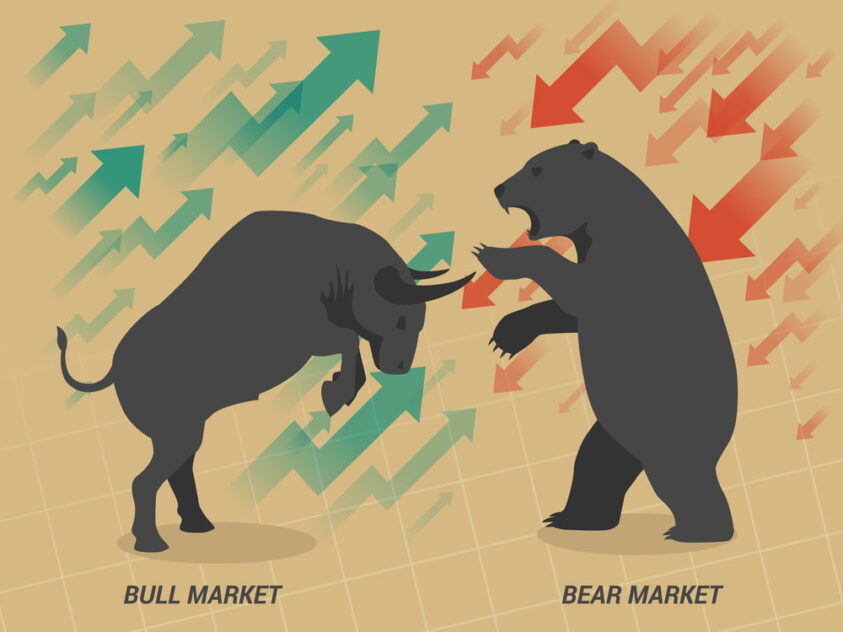ASEAN economies are expected to grow by 4.9% this year and 5.2% in 2023 amid higher vaccination rate but challenges remain, according to a report.
The effective rollout of vaccination programmes enabled ASEAN member states to reopen, which sped up economic activities and supported recovery in the job market.
The ASEAN Integration Monitoring Directorate of the ASEAN Secretariat released recently highlighted that the full dose vaccination rate hit 65.9% of the population, while 25.2% had received booster shots as of May 2022.
The 11th issue of the ASEAN Economic Integration Brief (AEIB) noted that ASEAN member states are expected to fully reopen by the second half of this year.
According to the report, optimism continues into 2022, with manufacturing index continuing to gain momentum despite risks of COVID-19 variants and spikes in commodity prices in the first half of the year.
The region’s economies grew by 3.0% last year from the 3.2% contraction in 2020 driven by robust consumption and trade.
Unemployment rates, which spiked during the pandemic, wound down in 2021, while trade expanded by 25.1% to US$3.34 tril in 2021 (US$1=RM4.40), surpassing pre-pandemic levels.
Investments recorded a 42.3% growth to US$174.1 bil in 2021 mainly in manufacturing, financial and insurance services, and information and communication.
However, the conflict in Eastern Europe is a setback to the global and region’s economic recovery, as disruptions in global value chains have led to price volatilities, especially for energy and food commodities.
The persistent inflation pressures could erode consumers’ purchasing ability and affect industrial production, the report said.
This adds to the risks arising from policy normalisation in major economies, as they gradually exit from accommodative policies during the pandemic.
It stressed that tighter policy rates in major countries, especially the US, could trigger capital outflows in emerging economies and exacerbate external vulnerabilities.
In fact, most member states saw their exchange rates depreciated against the US dollar, markedly since the Federal Reserve took a progressive raise of interest rates since March 2022.
While most economic and financial conditions have remained manageable for the first half of 2022, few members have tightened policies, the report added.
Therefore, central banks need to stay alert and cooperate to enhance resilience towards future shocks, including financial vulnerability from both within and outside the region.
At the onset of the pandemic, ASEAN had affirmed commitment to work together to overcome the crisis and has ramped up efforts on sustainability and digitalisation.
The transition towards a circular economy, carbon neutrality, and digital economy will drive the region’s development in the years to come, the report said. – July 4, 2022









